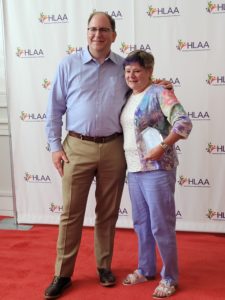I wanted to add a comment to your “Jetsetting reporters” article, which misrepresented the abilities of British and Australian reporters to cover depositions and other U.S. court work, in particular the paragraph quoting Jodi Harmon.
I am a British stenographer with 20 years’ experience, and I can assure you that British reporters are perfectly able to apply a U.S. spellings job dictionary and produce a transcript with U.S. spellings accurately rendered. I have a 2,500 work U.S./deposition job dictionary containing the -ize endings quoted by Ms. Harmon, as well as words such as theater and center, and both the verb and noun form of practise being spelt the same (in U.K. English, the noun is –ce and the verb is –se). It has been standard practice since I started reporting to apply U.S. spellings to U.S. cases, and doing so is well-known in the industry.
I also take issue with Harmon’s point that “many” legal cases are destined for U.S. courts. We receive a case caption for every job we do, and that will identify whether a case is being heard in a U.S. court, in which case U.S. spellings should be used, or a British court, in which case U.K. spellings should be used. The legal systems of the world do not all feed into the United States of America!
Your readers may be interested to know that depositions do not exist in the British legal system, and any depositions taking place in the U.K. are part of a U.S. court case. Therefore it’s not difficult to identify which cases are U.K.-based and which U.S.
I have taken hundreds of depositions throughout Europe, and I agree that travel is an exciting and challenging part of our role. But don’t assume Americans have to go to Europe because nobody there can make an accurate record — we can!
Claire Hill, RPR, CCP
London, England








